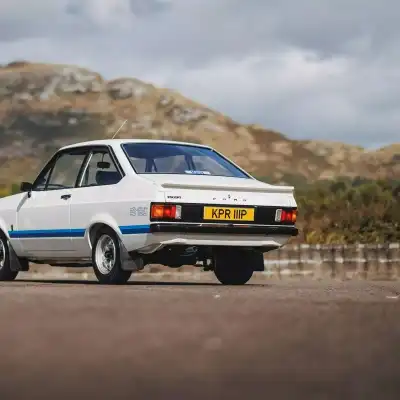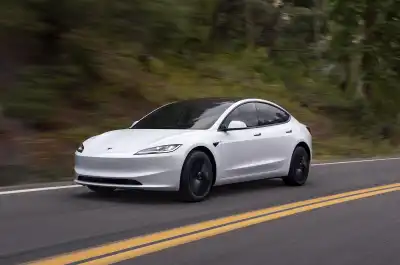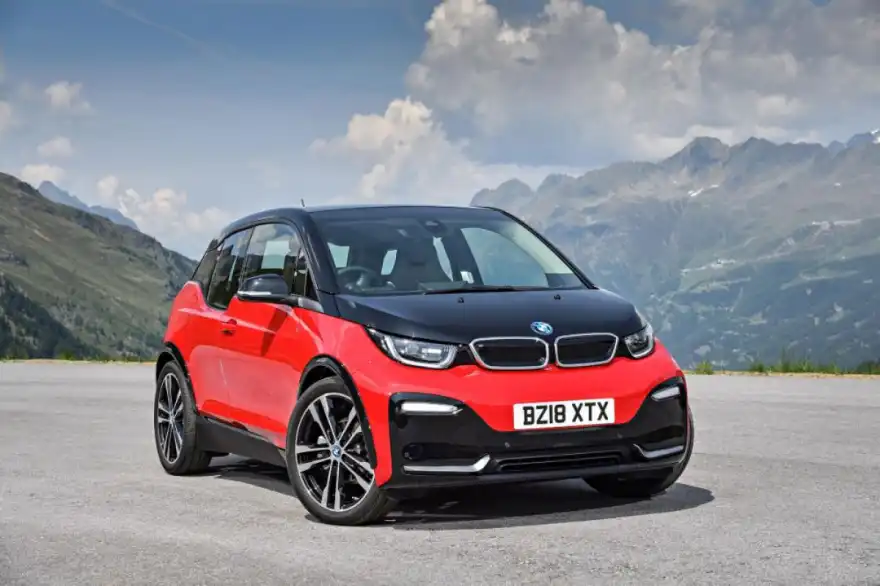
Despite urging all of us to adopt zero-emission vehicles as soon as possible, the government has cut the Plug-in Car Grant (PiCG) for buyers of electric vehicles by £1000, while also reducing the number of cars eligible for the scheme.
And, unsurprisingly, industry figures from all corners are now predicting this will harm sales.
The PiCGwhich had previously given consumers 35% off the purchase price of an EV up to a maximum of £2,500, but this has now been cut to £1,500.
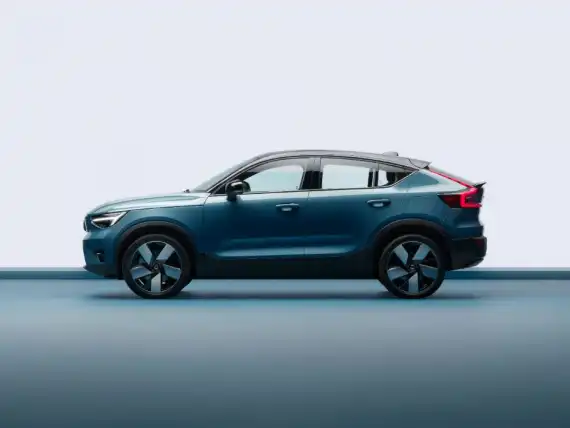
The eligibility criteria has also changed, with the grant now only being eligible to cars priced at £32,000 or less, down £3,000 where it previously stood at £35,000.
In another blow to low emission vehicle hunters, hybrid electric cars that had CO2 emissions of less than 50g/km and could travel at least 112km (70 miles) without any producing emissions, are no longer eligible for any grant.
The Plug-in Van Grant (PiVG) for light commercial vehicles has also been cut by £500, meaning small vans with a gross weight of 2.5 tonnes can get 35% off the purchase price up to a maximum of £2,500.
For larger vans with a gross weight of 2-3.5 tonnes, the grant has been reduced from £6,000 to £5,000.
The government has claimed the changes will allow funding to be made available for as many people as possible after a record year for electric car sales. Over 162,000 full battery-electric vehicles have been sold in the UK to date, up 88.9% year on year and accounting for 10.6% of all cars sold in 2021.
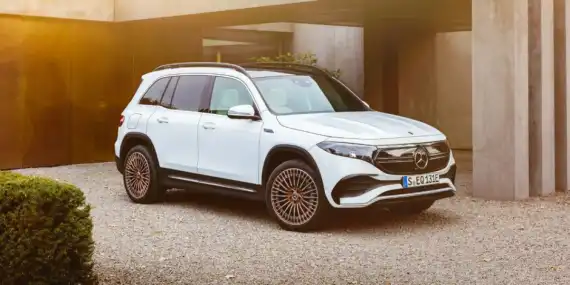
In a statement to the House of Commons, under-secretary of state for transport Trudy Harrison said: "With demand for EVs so strong, it is right that we seek to focus the grants, which are funded by the taxpayer, on the areas where they will have the most impact and where the market still needs government support."
Mikes Hawes, the boss of the Society of Motor Manufacturers and Traders, described the move as "a blow to customers looking to make the switch and couldn’t come at a worse time, with inflation at a ten-year high and pandemic-related economic uncertainty looming large."
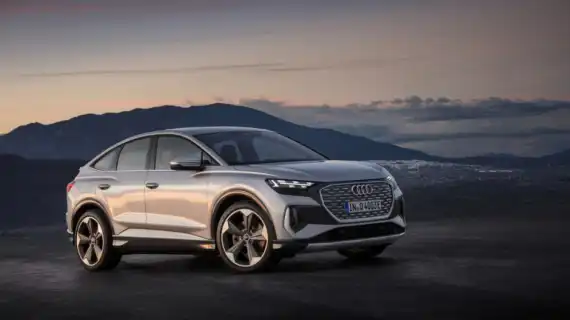
He added: “Industry and government ambition for decarbonised road transport is high, and manufacturers are delivering ever more products with ever better performance. But we need to move the market even faster – from one in a hundred cars on the road being electric, to potentially one in three in just eight years – which means we should be doubling down on incentives.
“Other global markets are already doing so whereas we are cutting, expecting the industry to subsidise the transition, and putting up prices for customers. UK drivers risk being left behind on the transition to zero-emission motoring.”

